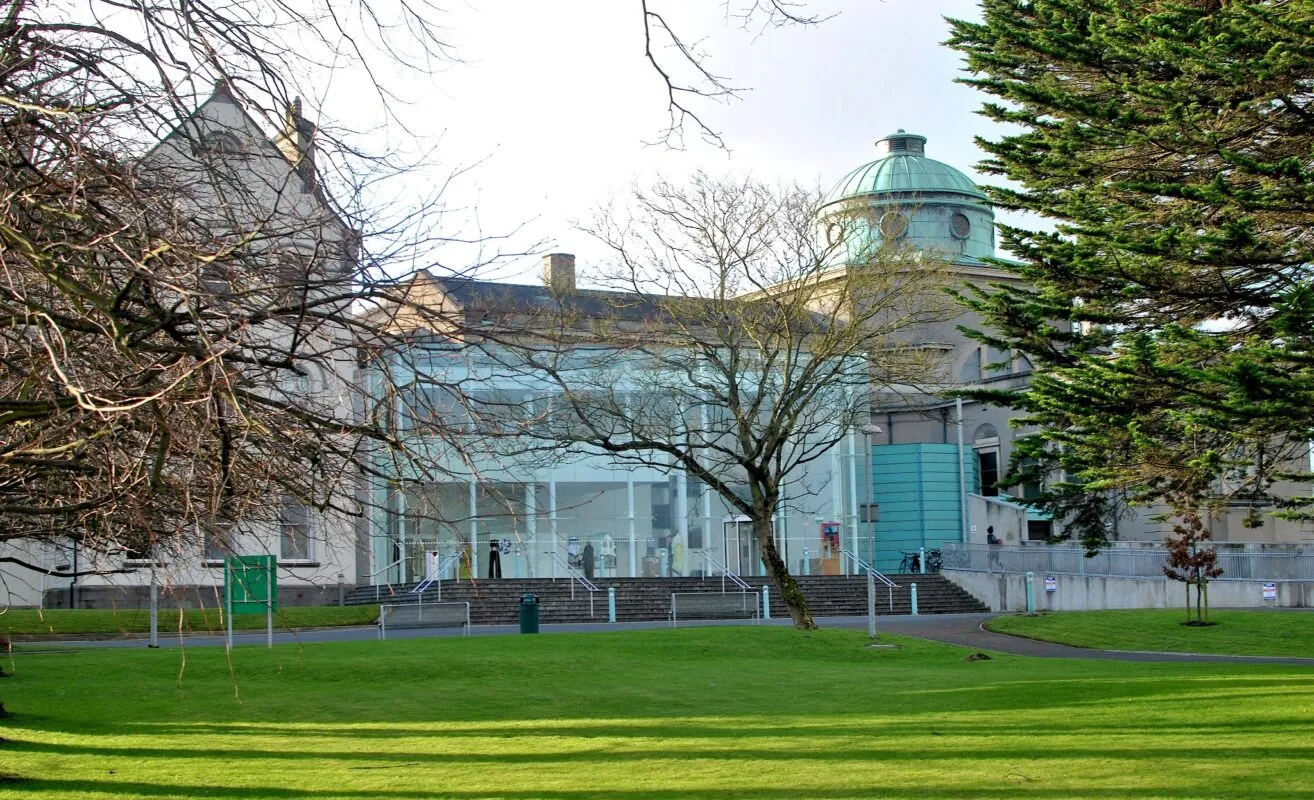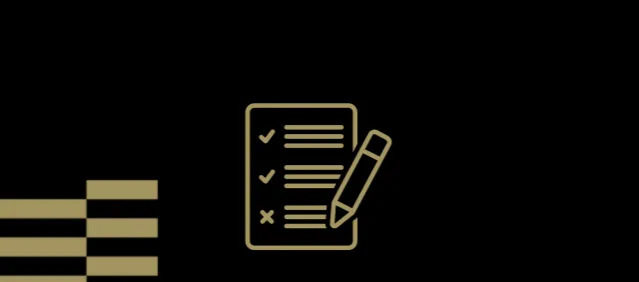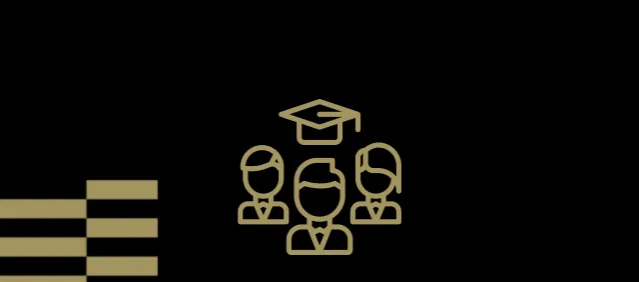What are the entry requirements?
Candidates need to fulfill the following admission criteria:
(a) A minimum 2.2 honours degree (Level 8) in Arts, Humanities, Social Sciences; or (b) A minimum 2.2 honours degree (Level 8) in an area outside the fields mentioned above, but with evidence of strong interest, experience and ability in the area, as determined during the interview; or (c) Equivalence based on Recognition of Prior Learning (RPL) which meet Level 8 2.2 learning outcomes. Applicants with equivalent qualifications on the European and International frameworks will also be considered, but with evidence of strong interest, experience and ability in the area, as determined during the interview.
- All qualified candidates will be interviewed either in person or online (such as via MS Teams or Zoom) in order to assess their interest in the area, suitability and psychological readiness.
- Successful completion of the Certificate in Jungian Psychology with Art Therapy (Level 8) may count favourably for suitability.
- Candidates will be required to sign a confidentiality agreement.
- The final dissertation/exegesis of the programme may require ethical approval as well as Garda vetting.
How to Apply – All Candidates
Before you make your application, please be aware that it is the responsibility of each applicant to ensure they have read the entry requirements and procedures and submit with supporting documentation. Please note we will not be in a position to pursue applicants for outstanding documents. Only complete applications with the appropriate supporting documentation which satisfies eligibility requirements will be sent to the Programme Team for assessment. Once your application has been submitted, you will receive an acknowledgment email from us within 3-5 working days.
Places are available and will be offered on a first-come-first-serve basis to suitable applicants until full. Initial closing date is the 16th May 2025. Subject to available places, a second closing date as the 12th September 2025.




